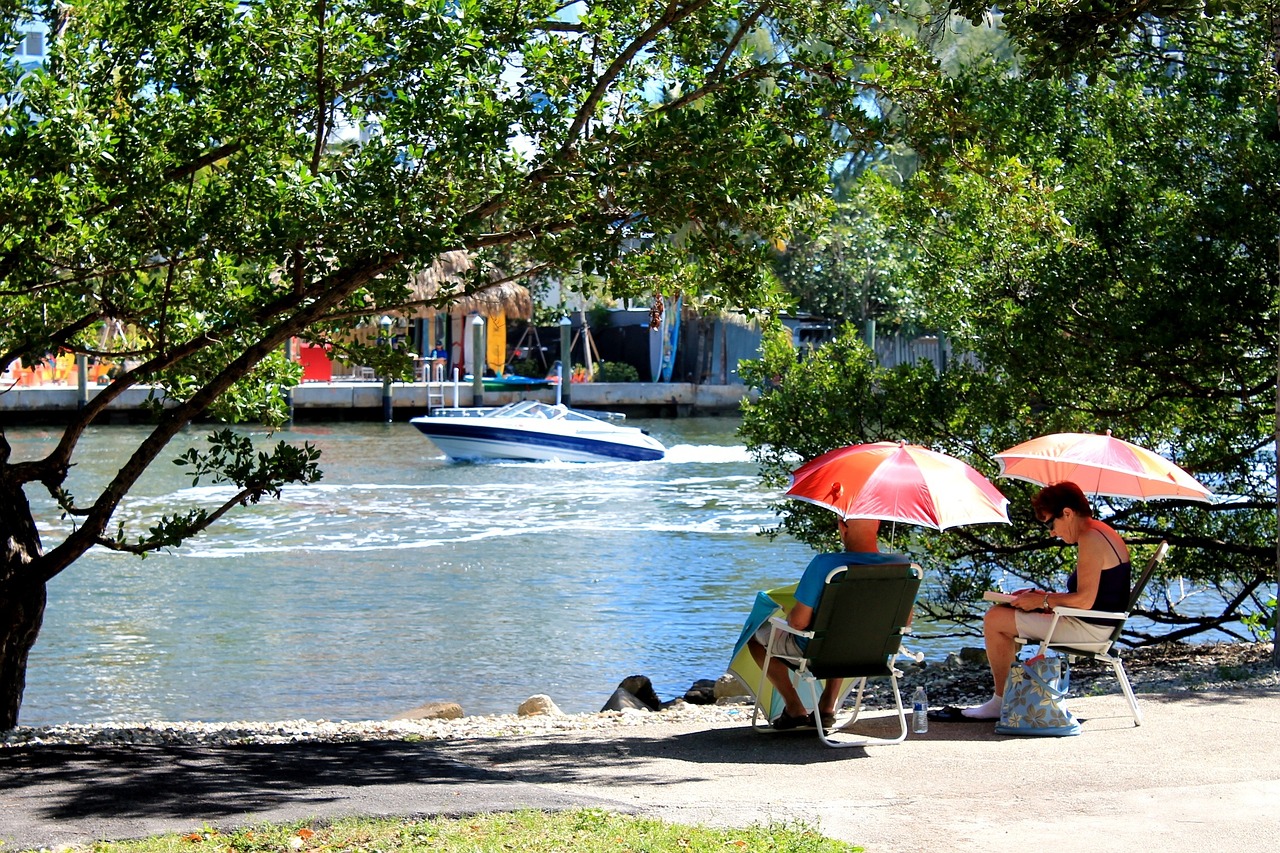
28 Mar I want a second home. Should I wait because of volatility?
Photo: pixabay.comQ. I was thinking about buying a second home that I would rent out some of the time. I was waiting for interest rates to get lower with Trump’s election, but that hasn’t really happened. Now with everything happening in the stock market, I’m getting nervous, not just about interest rates but if we end up in a recession — making it harder to get renters for this house? How can I decide if it’s worth taking the risk? I was going to put down 30% and the rent I was expecting would come close to covering the mortgage and other expenses.
— Buyer, maybe
A. A second home is an exciting idea.
But yes, we understand why certain happenings are making you nervous.
First, remember that in the short-term, there are always a variety of external factors that are unpredictable, said Michael Cocco, a certified financial planner with Beacon Wealth Partners in Nutley.
Those factors range from interest rates, stock and bond market performance, economic conditions, and more.
This is true no matter the political makeup, time of year, or what is going on in the world, Cocco said.
The decision of whether or not to purchase a second home to rent out is a very personal decision and the most important thing to do is to look at your personal goals, objectives, and financial circumstances, he said.
Ask yourself a variety of questions:
First, why are you considering the purchase? For enjoyment, investment, or both?
Then, do you have the financial security and emergency reserve fund to support the home if you cannot find renters and the property becomes cash flow negative?
Have you calculated the Return on Investment (ROI) of this property when you factor in paying the mortgage at current interest rates, taxes, insurance, association fees (if applicable), and other maintenance costs? Is that ROI strong enough to entice you to invest in this real estate property, where you will be giving up liquidity and accessibility to your down payment? Have you looked at other investment opportunities that can replicate the same ROI without you giving up access to these funds?
What about the other aspects of your financial plan? Do you have enough income and assets to meet your known expenditures, without factoring in this real estate property? One should be in a very sound financial footing before even considering such a large, illiquid purchase, Cocco said.
Then, are you buying near the top of the real estate market?
“While no one can exactly forecast real estate prices in a given area, if the threat of a recession makes you uneasy, you could be faced with a double whammy of rental vacancies and falling real estate prices if you are not buying at the right time, and no matter what, you need to plan if that situation were to occur,” he said.
Assuming you have given serious thought and are comfortable with the above important considerations, there are certainly some potential positives to owning investment real estate such as the potential for passive income at some point in the future, potential property appreciation and tax benefits, which you should discuss with your tax advisor, Cocco said.
“Buying real estate is not a decision that should be taken lightly. You need to be thinking of potential `worst case scenarios’ and if you can withstand them if they should occur,” Cocco said. “By carefully considering these factors, you can make a more informed decision about whether purchasing a second home as a rental property aligns with your financial goals and risk tolerance.”
Email your questions to Ask@NJMoneyHelp.com.
This story was originally published in March 2025.
NJMoneyHelp.com presents certain general financial planning principles and advice, but should never be viewed as a substitute for obtaining advice from a personal professional advisor who understands your unique individual circumstances.

